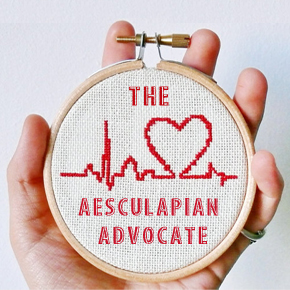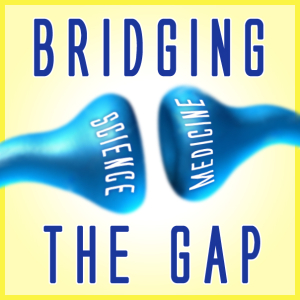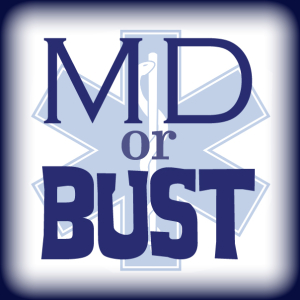Global Health at Home: Fourth-Year Elective with Burmese Refugees
As medical students across the country enter their fourth year, many will travel thousands of miles to acquire global health experiences from the far reaches of the globe. While much can be learned by exposure to the stark differences among health systems in other countries, there is no doubt that such health disparities also affect the lives of vulnerable populations in our own communities. As a fourth-year medical student, I spent four weeks conducting a community health needs assessment of Burmese refugees in my hometown of Waterloo, Iowa, where I began to learn the meaning of global health at home.













